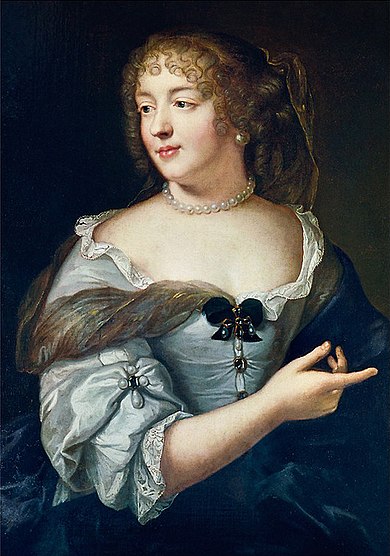Madame de Sévigné
Heading
'Sévigné's epistolary expressions of love for her daughter are perhaps the only subjective exploration of maternal love in French literature previous to our own century. [...] Sévigné's elaboration of her material identity begins when her daughter (Mme de Grignan) is grown. [...] Through writing to her daughter, a being for whom the mother is both the social and literary model, Sévigné is able to absorb a creative ambition that is both emotionally riveting and morally questionable. Moreover, by writing to her daughter in the highly socially self-conscious way that she does - showing to friends portions of the correspondence as well as directly isolating herself from them in order to write - Sévigné procures for herself an inviolable relationship to literary renown. [...] While as the experienced woman and writer, Sévigné exercises more power in this relationship than in any other, she is also totally dependent on her daughter to receive and absorb the mother's loving and writing ambitions.' Katherine Jensen

